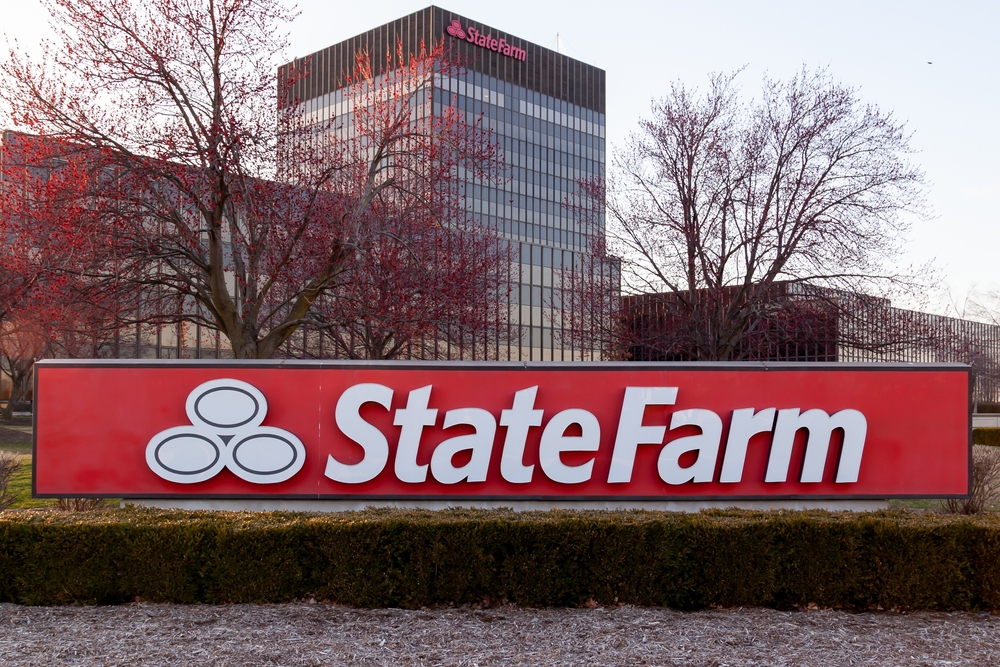
My family has a modest second home in North Litchfield Beach. It isn’t close to the ocean. My Fitbit clocks 700 steps to the beach, and most family members prefer to drive a golf cart for that reason. To call it a “raised beach house” is an understatement. Because of flood insurance concerns, the garage level of the house was required to be very tall when we built in 2011.
We can’t paint or power wash with the tallest ladders available to homeowners. If we had a big boat, we could park it in the garage. My point is that the living area of our house is so far above ground, that if it floods, it is likely that inland Pawleys Island and Georgetown County will also flood.
Thinking all the way back to Hurricane Hugo in 1989, my extended Georgetown County family members evacuated to Columbia to stay with us. Much to everyone’s surprise, our property in Columbia suffered more damage than their properties in Georgetown.
Earlier this year, we received a letter from our insurance agency indicating that it would attempt to obtain insurance for us for the upcoming insurance year, but we should be prepared for difficulty because of the frequency of hurricanes in our area. There is no reason our house should be difficult to insure other than its location on the beach side of Highway 17.
I share this information with South Carolina dirt lawyers, particularly those who practice in our coastal counties, for discussion purposes only. I’m not pushing a panic button by any means. But the headlines I read last week about State Farm’s decision to pull out of California as to new homeowners’ applications certainly caught my attention.
State Farm pointed to wildfire risks and construction cost inflation to justify its decision. Everyone is suffering from the latter, and, as to the former, the company didn’t attempt to limit the impact of its decision to those areas most affected by wildfires. Other stated concerns were climate change, reinsurance costs affecting the entire insurance industry, and global inflation. All of those concerns also affect all locations.
The company pulled out of the entire state as to new applications. And some news articles reported that State Farm is the largest insurer based on premium. The fact that the largest insurer pulled out of the third largest state seems impactful.
The announcement did state that existing customers will not be affected and that automobile insurance applications will continue to be accepted.
There doesn’t appear to be anything we should do at this point, other than to keep our eyes and ears open as to developments in the area of insurance for ourselves and our clients.




